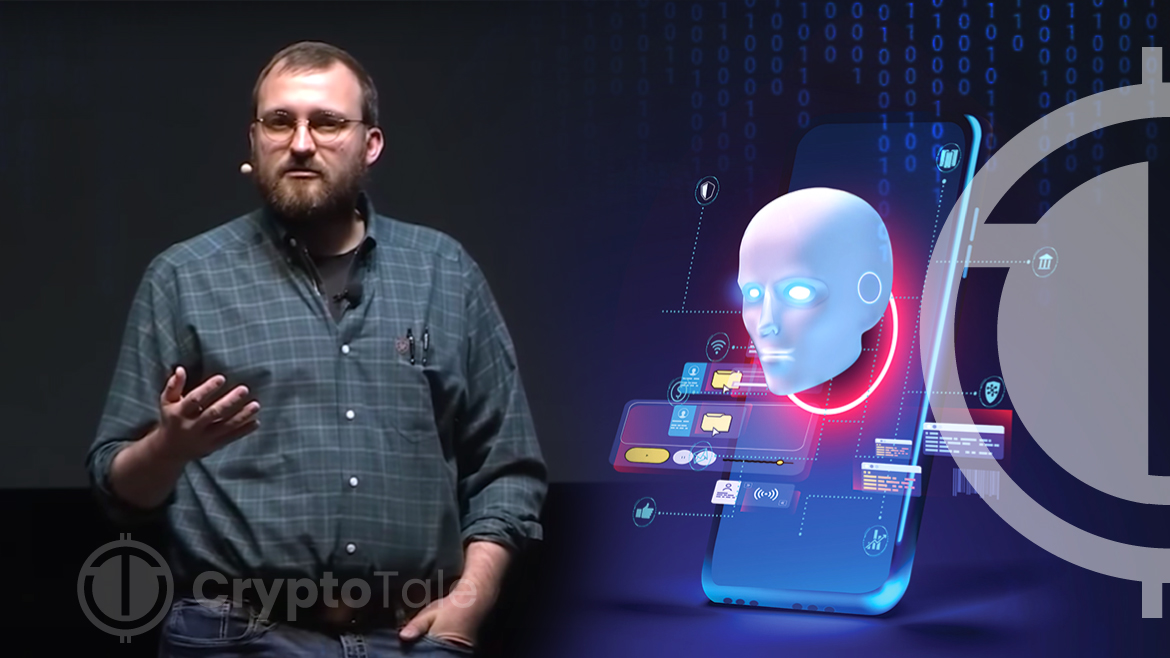- Charles Hoskinson alerts the cryptocurrency community about the increasing sophistication of AI-powered scams.
- A scam video imitating Hoskinson’s voice highlighted the sophisticated nature of these AI-generated scams.
- Hoskinson recommends using PGP for identity verification and Atala PRISM, a decentralized identity solution by IOG, to combat these scams.
The cryptocurrency community is currently facing a significant challenge with the emergence of AI-powered scams, as highlighted in recent tweets by Charles Hoskinson, the Co-Founder and CEO of IOG, and other industry observers. Hoskinson has raised alarms about the increasing sophistication of these scams, particularly those utilizing generative AI technology.
A recent tweet by Hoskinson underscored the urgency of this issue. He cautioned that generative AI scams, which are already present, will become more advanced and harder to distinguish from reality within the next 12 to 24 months. This comes at the helm of a worrying trend in the cryptocurrency space, where scammers are leveraging cutting-edge technology to create more convincing and deceptive schemes.
Hoskinson’s warning came in response to a tweet by Digital Asset News, expressing astonishment at the near-perfect imitation of Hoskinson’s voice in a scam video. This incident highlighted the alarming level of sophistication reached by these scams, making them increasingly difficult to identify. Digital Asset News warned that such scams are becoming more prevalent on platforms like YouTube, posing a significant threat to unsuspecting investors.
The AI-generated video was initially brought to light by one user named @solminerspain, who highlighted the need for greater awareness among newcomers to the cryptocurrency world. The user suggested that influencers and content creators should caution their audience, especially new entrants, about the risks of clicking on adverts during streams, which could potentially lead to scam websites.
Previously, Hoskinson had discussed the evolving nature of cryptocurrency scams in a video titled “The Future of Crypto Scams.” He emphasized the rampant impersonation scams in the crypto world, where fraudsters mimic well-known figures to deceive people. With the advancement of generative AI, as demonstrated by companies like Nvidia, these scams are expected to become more realistic and convincing.
To counter these emerging threats, Hoskinson has recommended the use of PGP, or Pretty Good Privacy, for identity verification. PGP is a data encryption and decryption program that provides cryptographic privacy and authentication for data communication. Additionally, he highlighted the potential of Atala PRISM, a decentralized identity solution by IOG, in preventing impersonation scams.
Despite these preventive measures, Hoskinson acknowledged the challenges ahead, especially for the most vulnerable targets of these scams. He concluded with a cautionary note, reminding everyone that offers that seem too good to be true are invariably scams.






